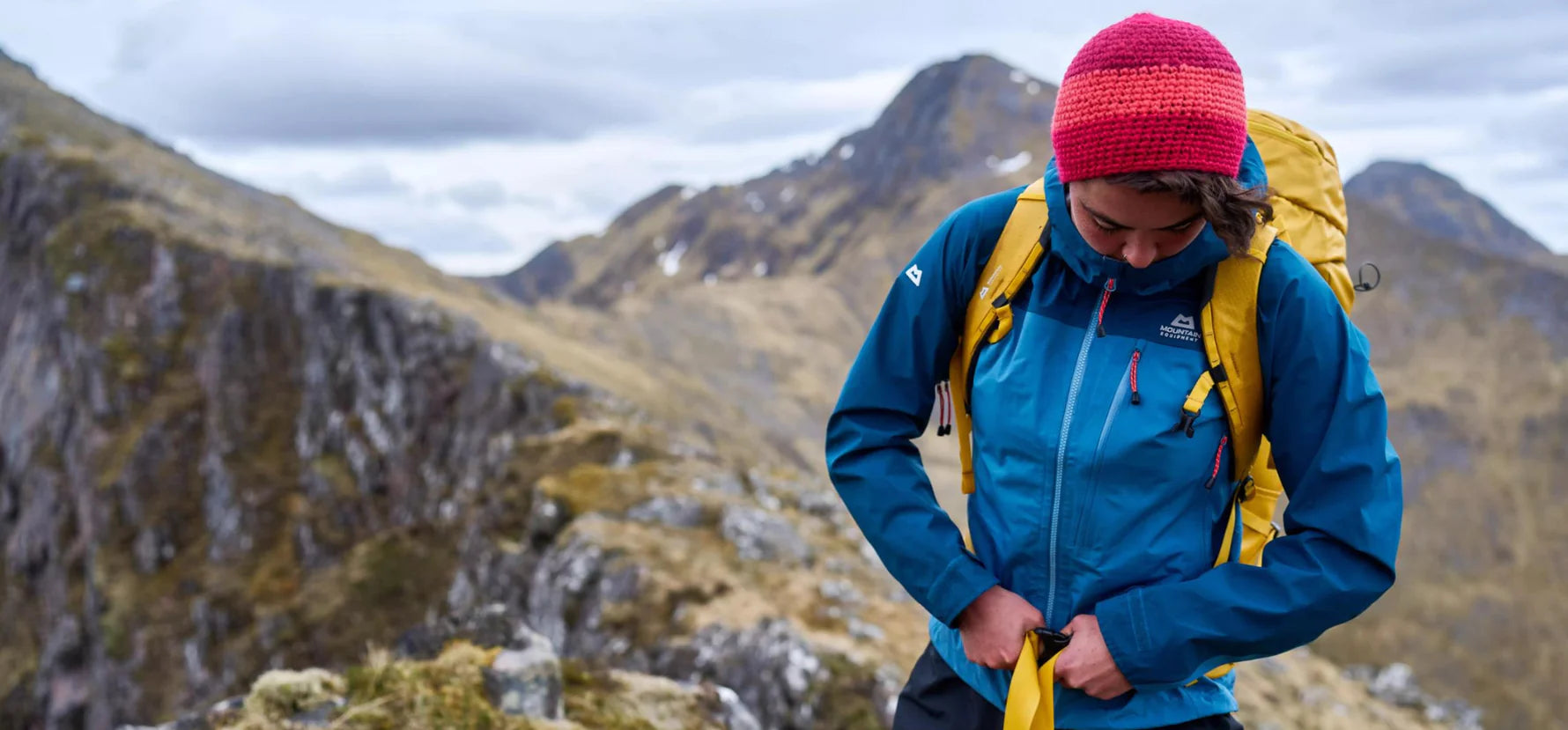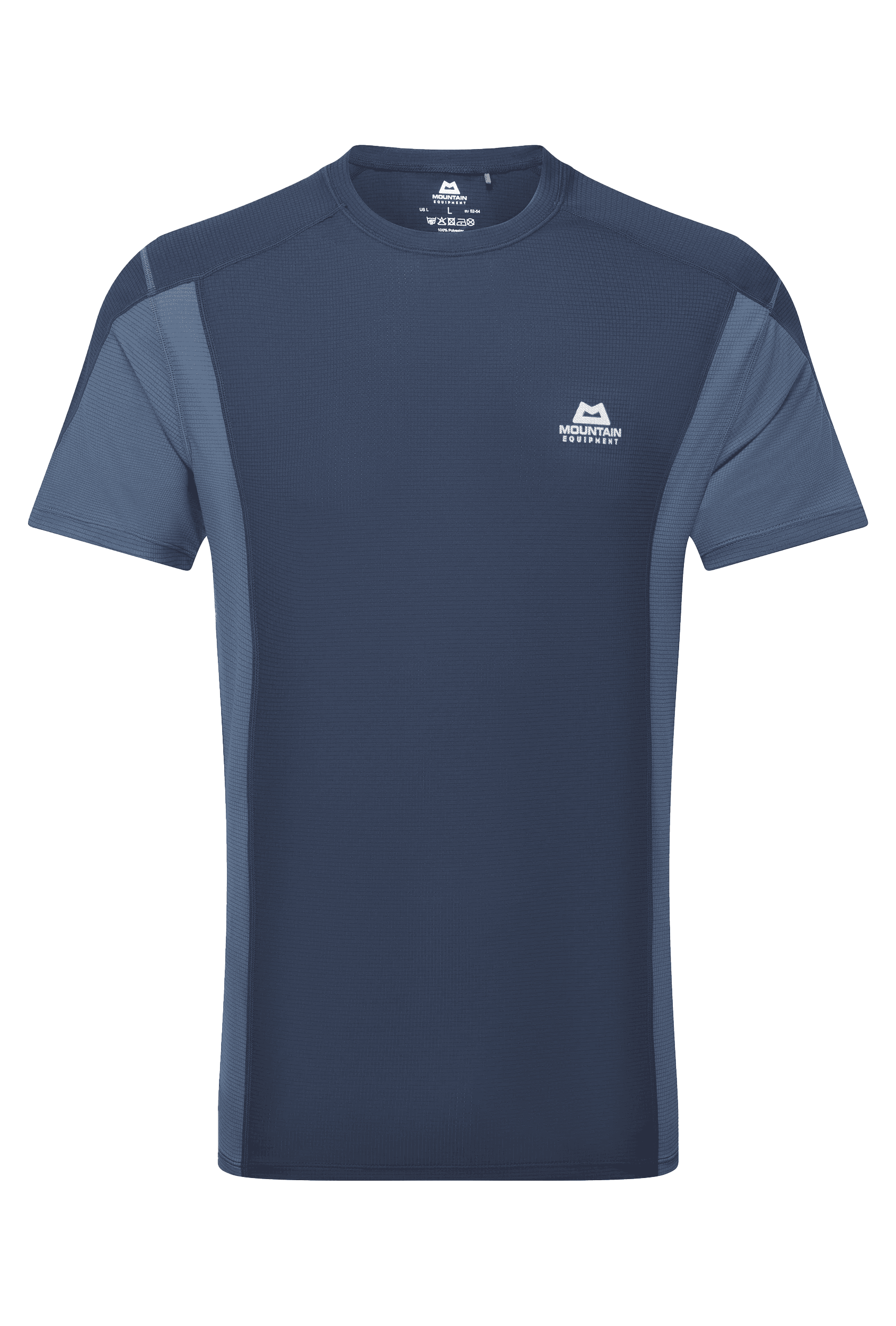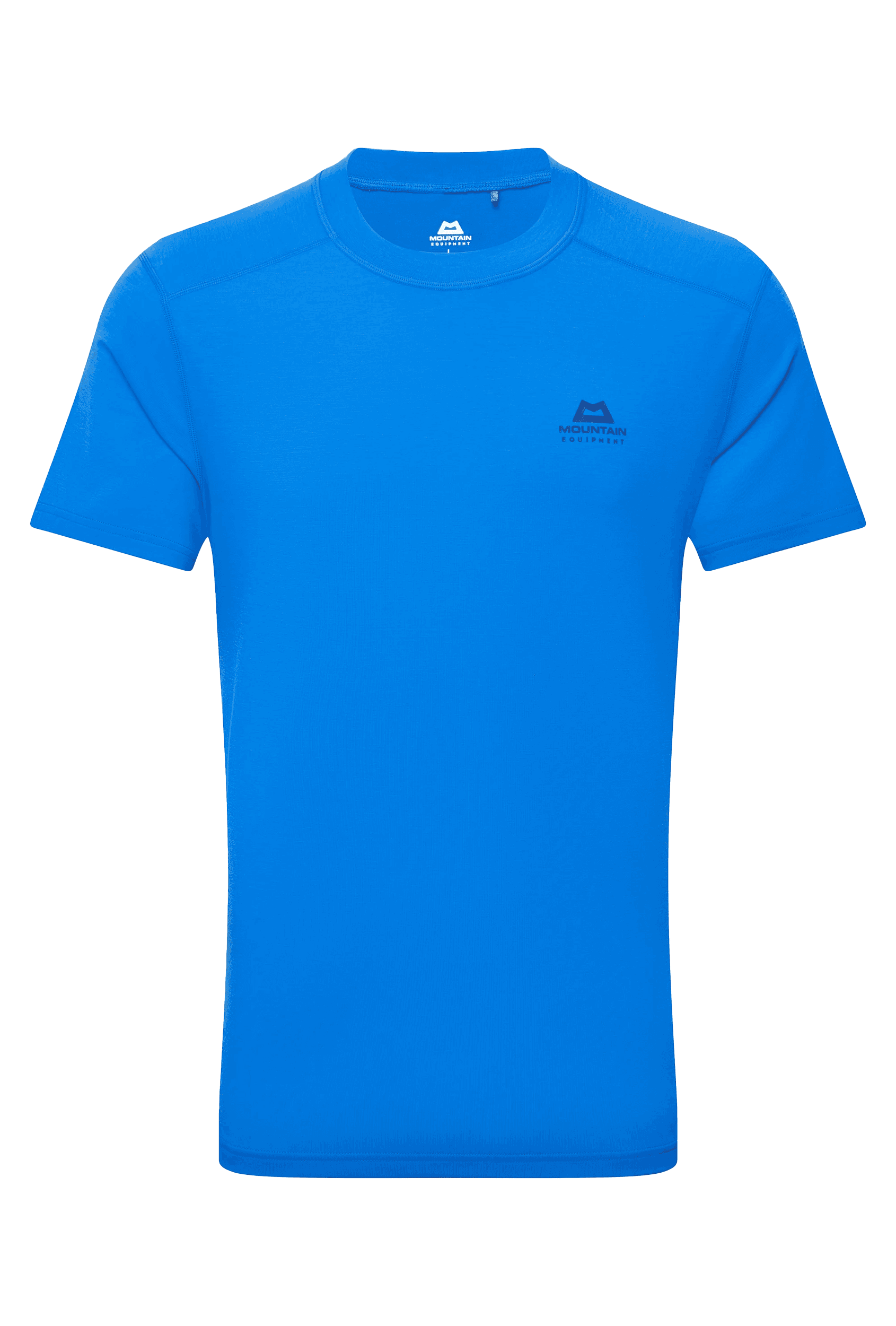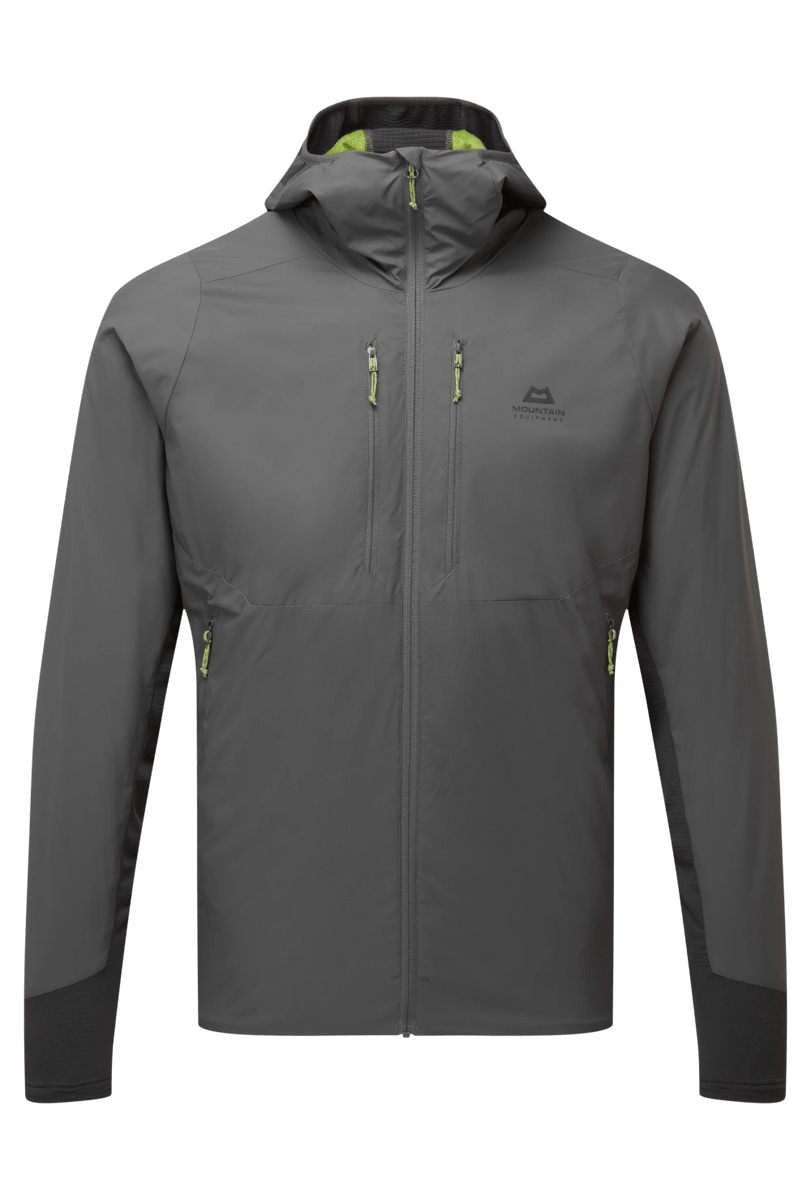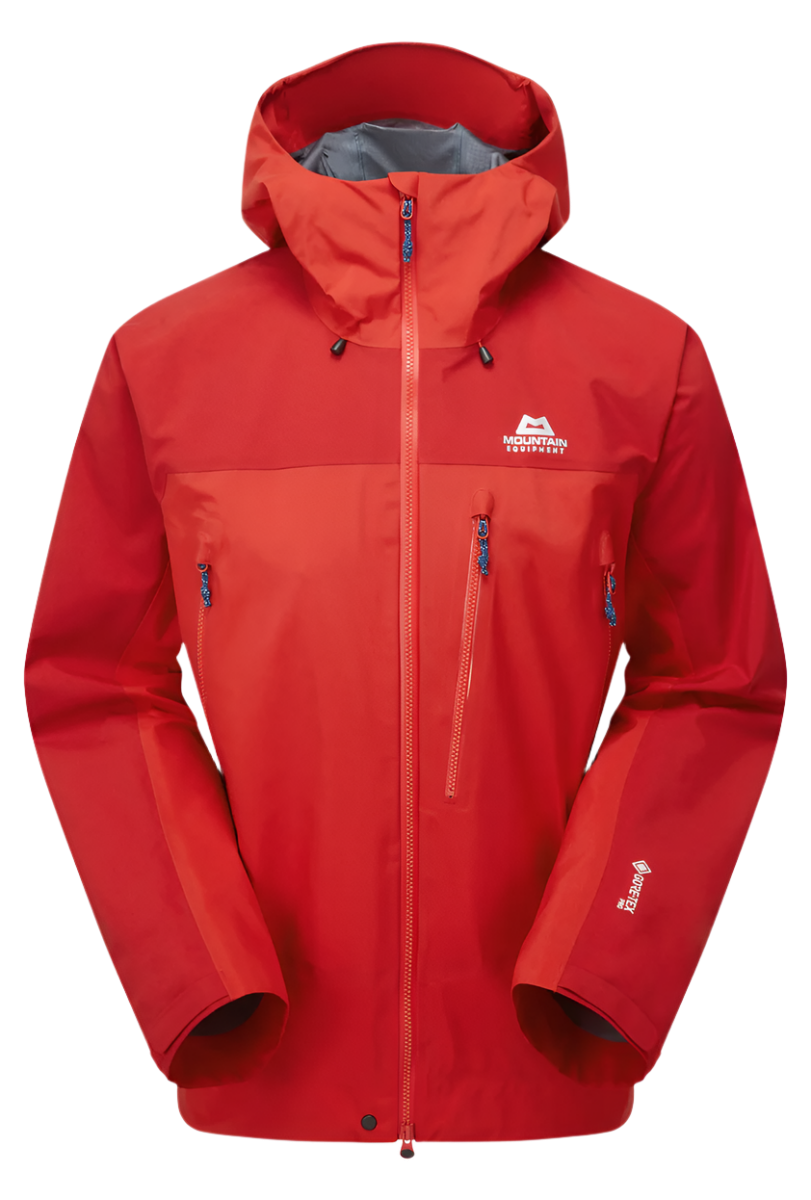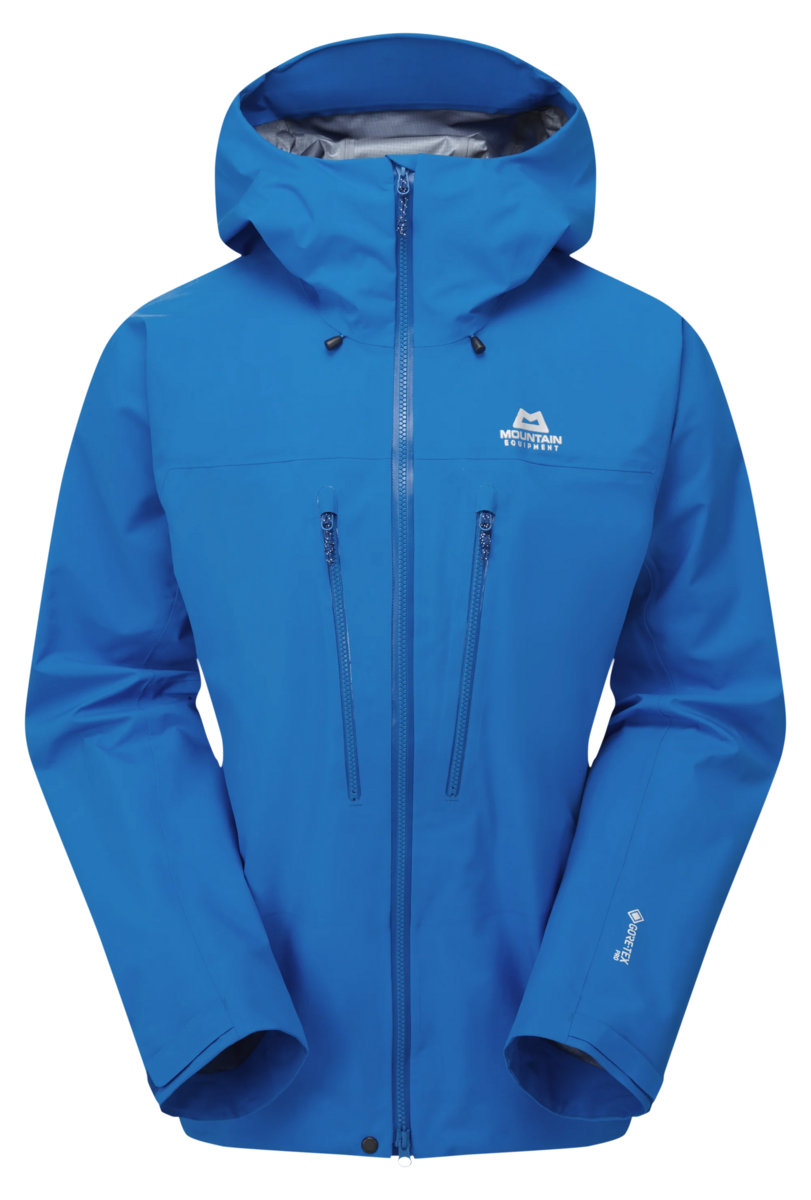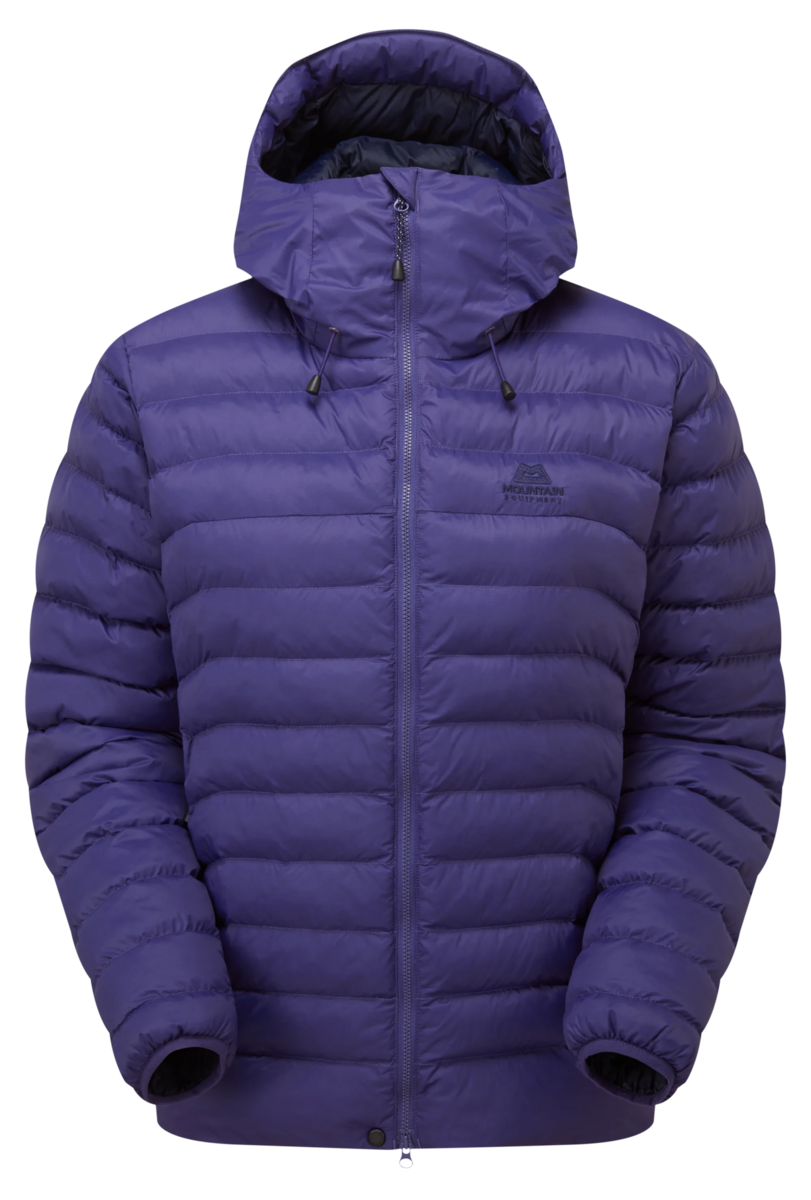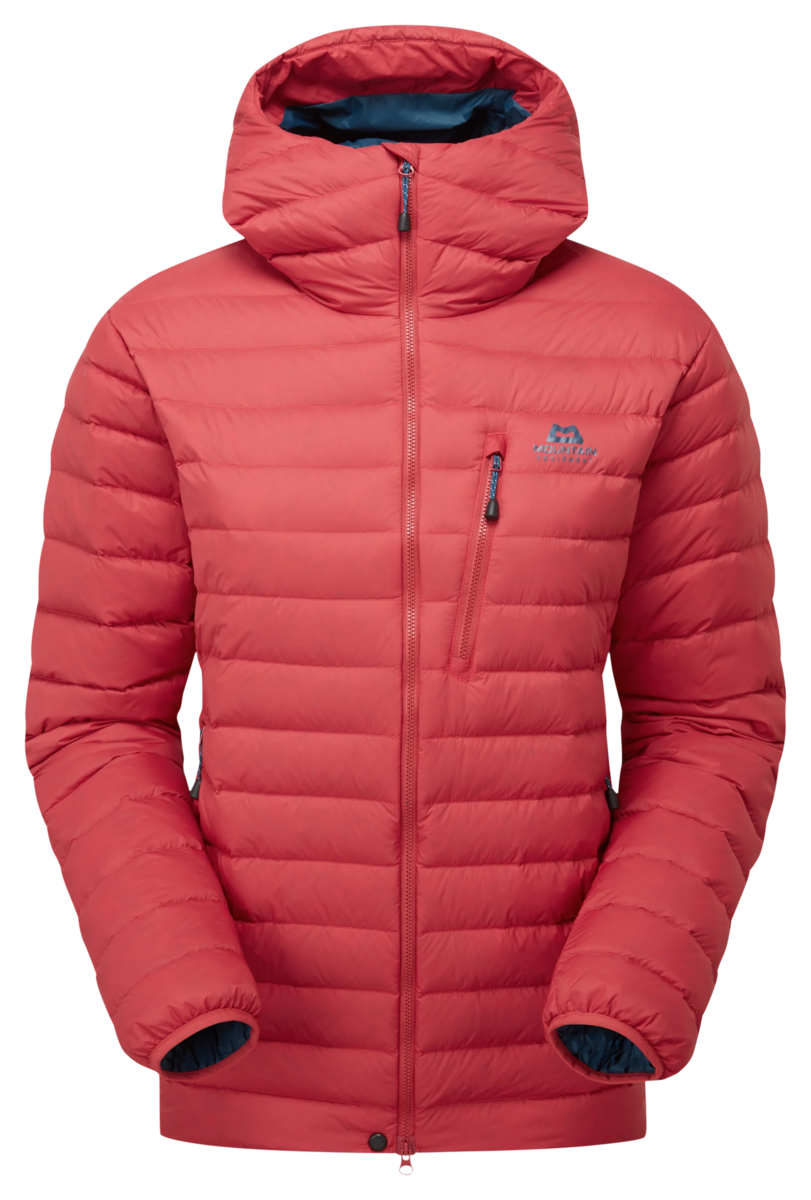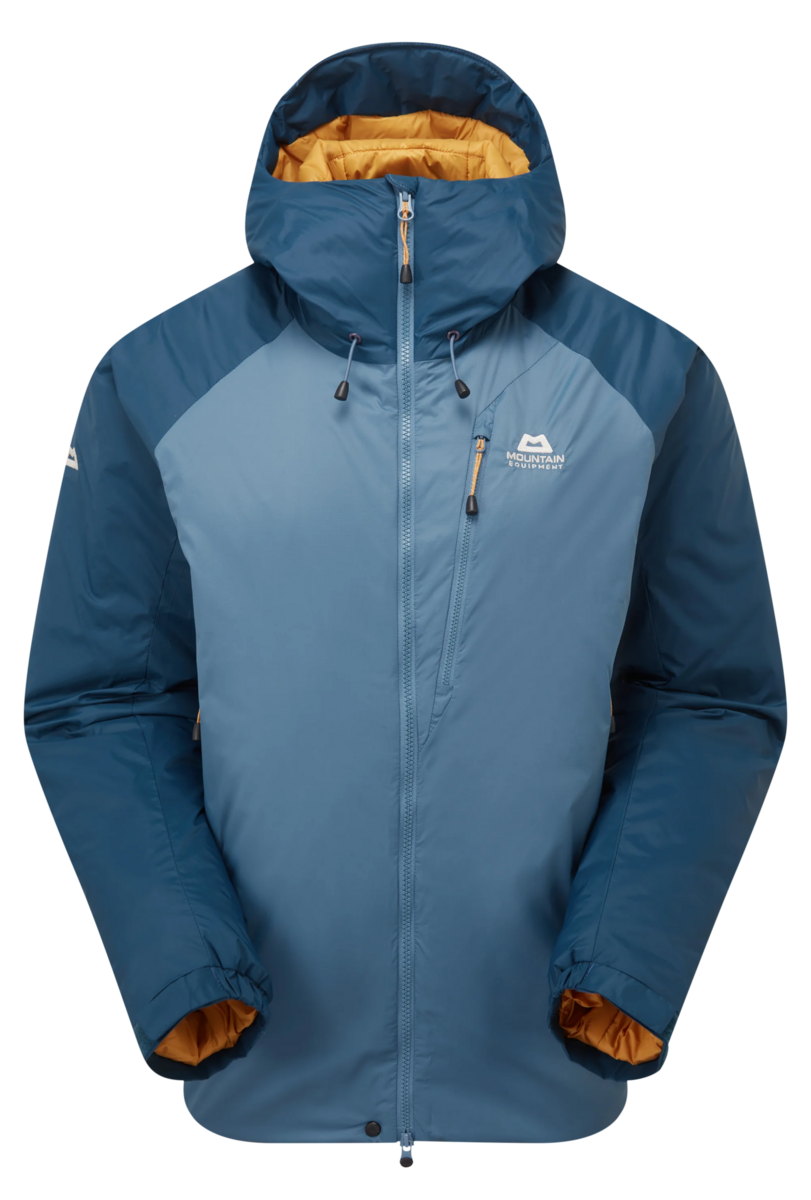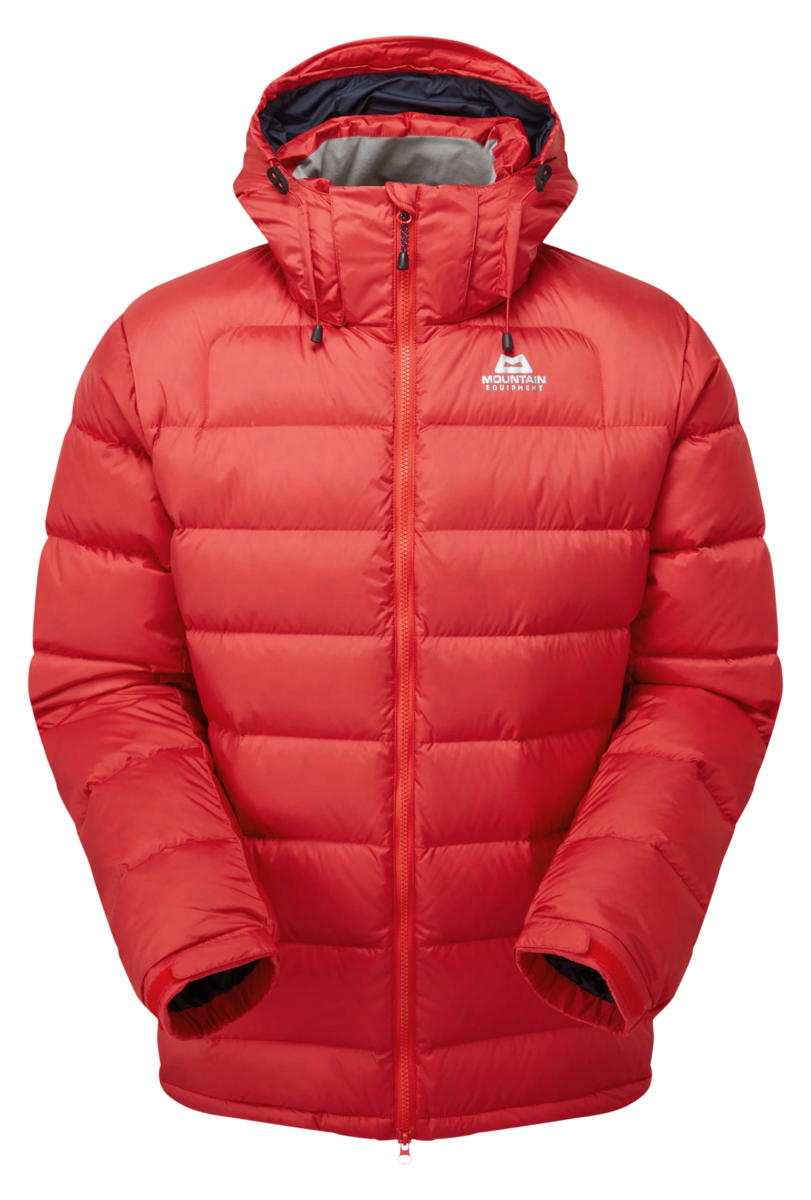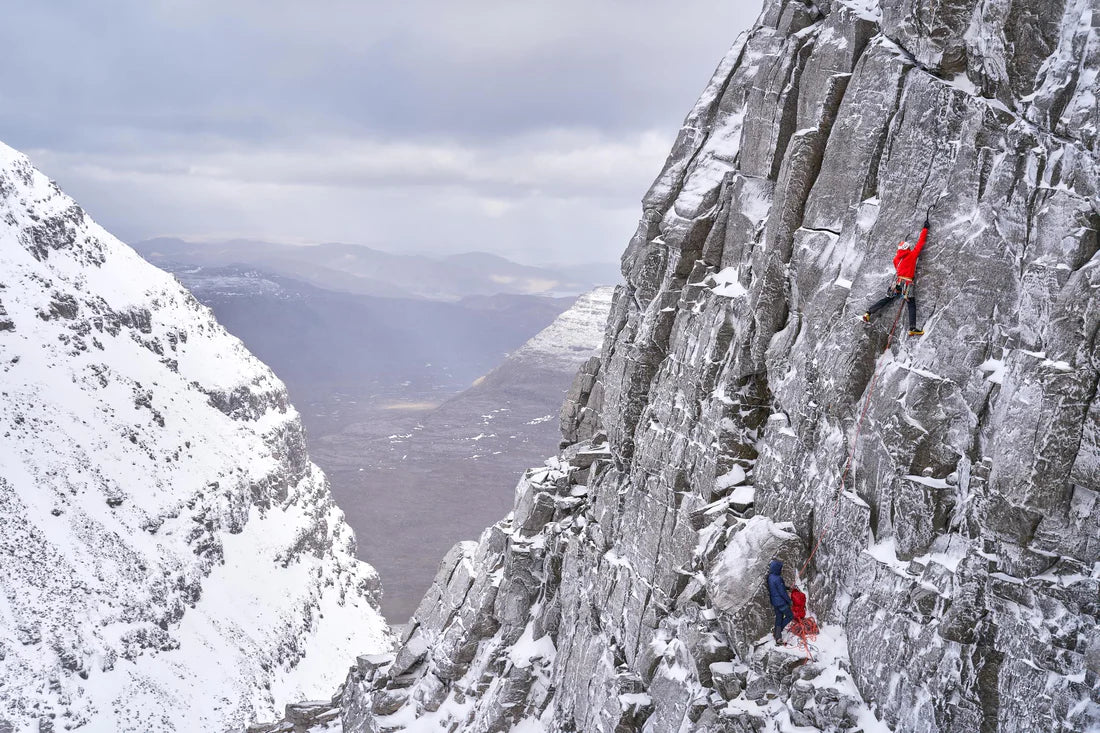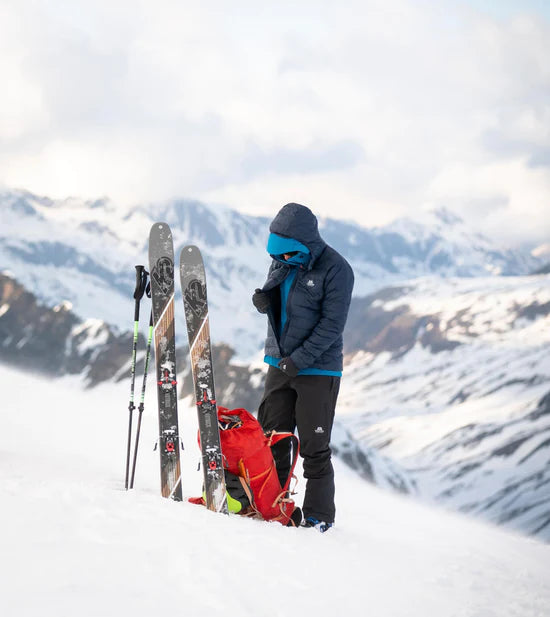Die richtige Bekleidung
Auf Tour gilt das “Zwiebelprinzip”: Du hast mehrere Lagen dabei, die du einzeln oder übereinander tragen kannst. So kannst du auf wechselndes Wetter und mehr oder weniger schweißtreibende Aktivitäten reagieren. Dabei sind mehrere dünne Bekleidungsschichten besser als wenige dicke. Jede Lage in deinem Bekleidungssystem erfüllt einen bestimmten Zweck – richtig kombiniert halten sie dich auch im schlimmsten Bergwetter warm und trocken.
Die erste Lage: Baselayer
Die erste Lage soll vor allem Feuchtigkeit (Schweiß) von deiner Haut fernhalten. Dann kann sich zwischen der trockenen Haut und der ersten Bekleidungslage eine Schicht aus warmer Luft bilden. Da der Baselayer direkt auf der Haut liegt, sind Komfort und Tragegefühl sehr wichtig. Wir verwenden für unsere Baselayer eine Auswahl an weichen und schnell trocknenden Stoffen, zum Teil mit speziellen Technologien zur Geruchskontrolle.
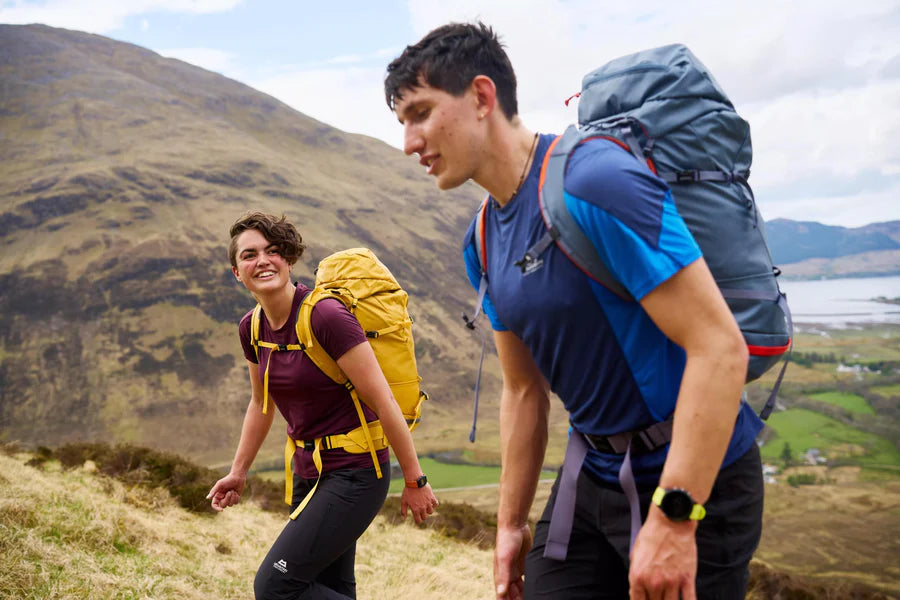
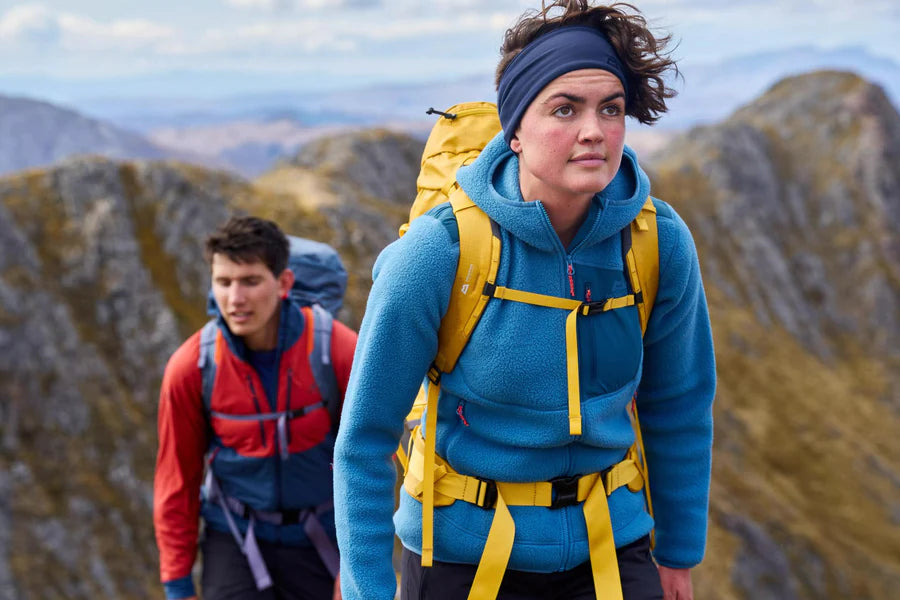
Die mittlere Lage: Midlayer
Midlayer sollen Körperwärme zurückhalten und gleichzeitig Feuchtigkeit durchlassen – sie müssen also warm und atmungsaktiv sein. Fleece war lange Zeit die beste Wahl für diese Zwischenschicht und wird auch heute noch gerne verwendet. Daneben gibt es modernere Materialien wie Pontetorto® Tecnopile®, mit hoher Wärmeleistung und geringem Packvolumen. Und wenn es noch kälter wird, liefern Jacken mit einer Füllung aus Polartec® Alpha® die nötige Wärme.
Die äußere Lage: Shell Layer
Diese Bekleidungsschicht soll die unteren Lagen (und letztlich dich!) vor Wind, Regen und Schnee schützen. Je nach Verhältnissen eignen sich hier Hard- oder Softshells. Für Wintertouren und bei sehr schlechtem Wetter empfehlen wir absolut wasser- und winddichte Hardshell-Produkte mit GORE-TEX, GORE-TEX PRO oder DRILITE® Membran. Wenn es klein und leicht sein soll oder muss, eignen sich GORE-TEX PACLITE® und GORE-TEX PACLITE® PLUS Hardshells. Im Sommer und bei gutem Wetterbericht sind Softshell-Jacken und -Hosen eine optimale Wahl: Wir verwenden dafür unser eigenes, hoch atmungsaktives EXOLITE Softshell und GORE-TEX INFINIUM Materialien.
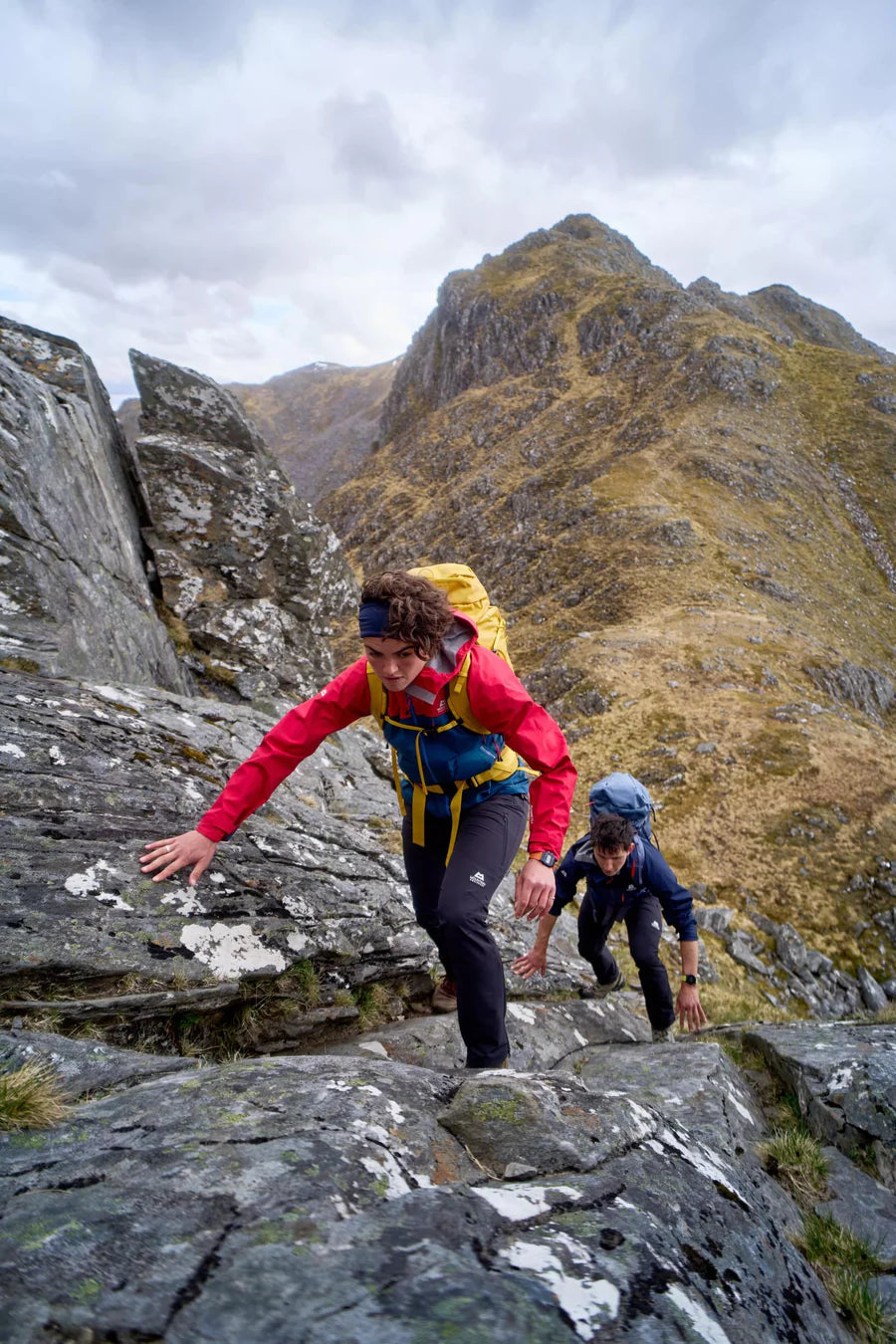
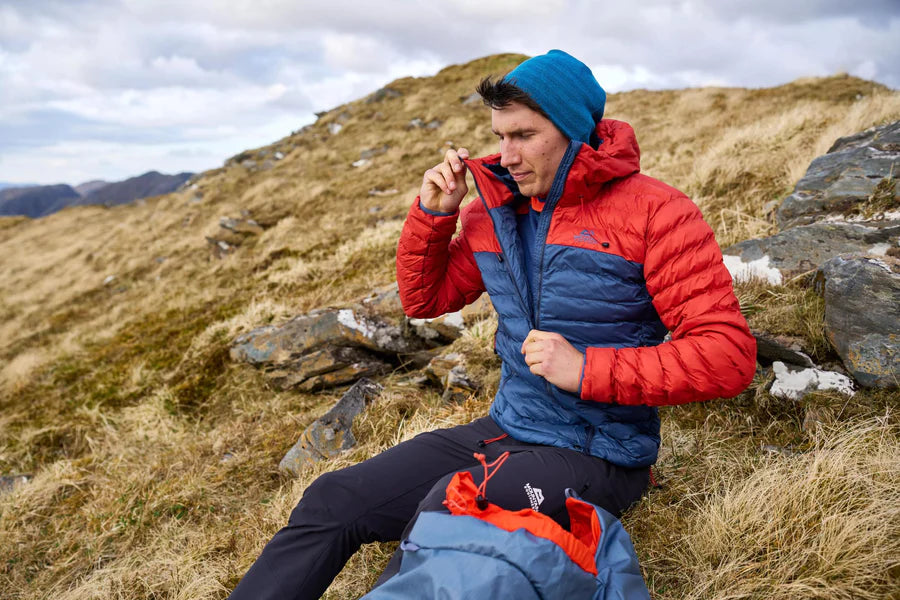
Die Zusatzschicht: Isolation
Isolationsbekleidung wirkt wie ein Verstärker für den Wärmerückhalt – dies ist essentiell in inaktiven Phasen, zum Beispiel am Stand oder während der Gipfelpause, oder wenn die Temperaturen auf Tour in den Keller fallen. Bei Mountain Equipment haben wir über 50 Jahre Erfahrung in der Entwicklung isolierender Bekleidung. Daune isoliert bei gleichem Gewicht besser als Kunstfaser, wärmt aber bei Nässe schlechter. In nassen Verhältnissen sind moderne Kunstfasern wie unser POLARLOFT® Featherless oder PrimaLoft® ein optimaler Kompromiss, da sie auch im feuchten Zustand noch isolieren und dabei ähnlichen Komfort wie Daunen bieten. Beim Klettern sollte deine Isolationsbekleidung übrigens groß genug sein, um über alle anderen Bekleidungsschichten zu passen.


